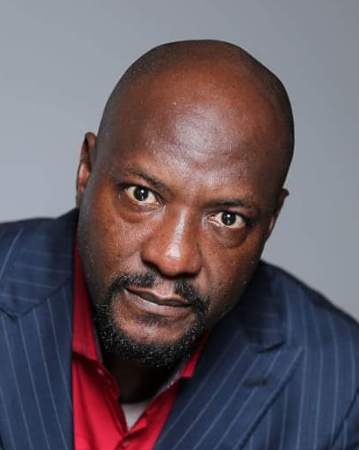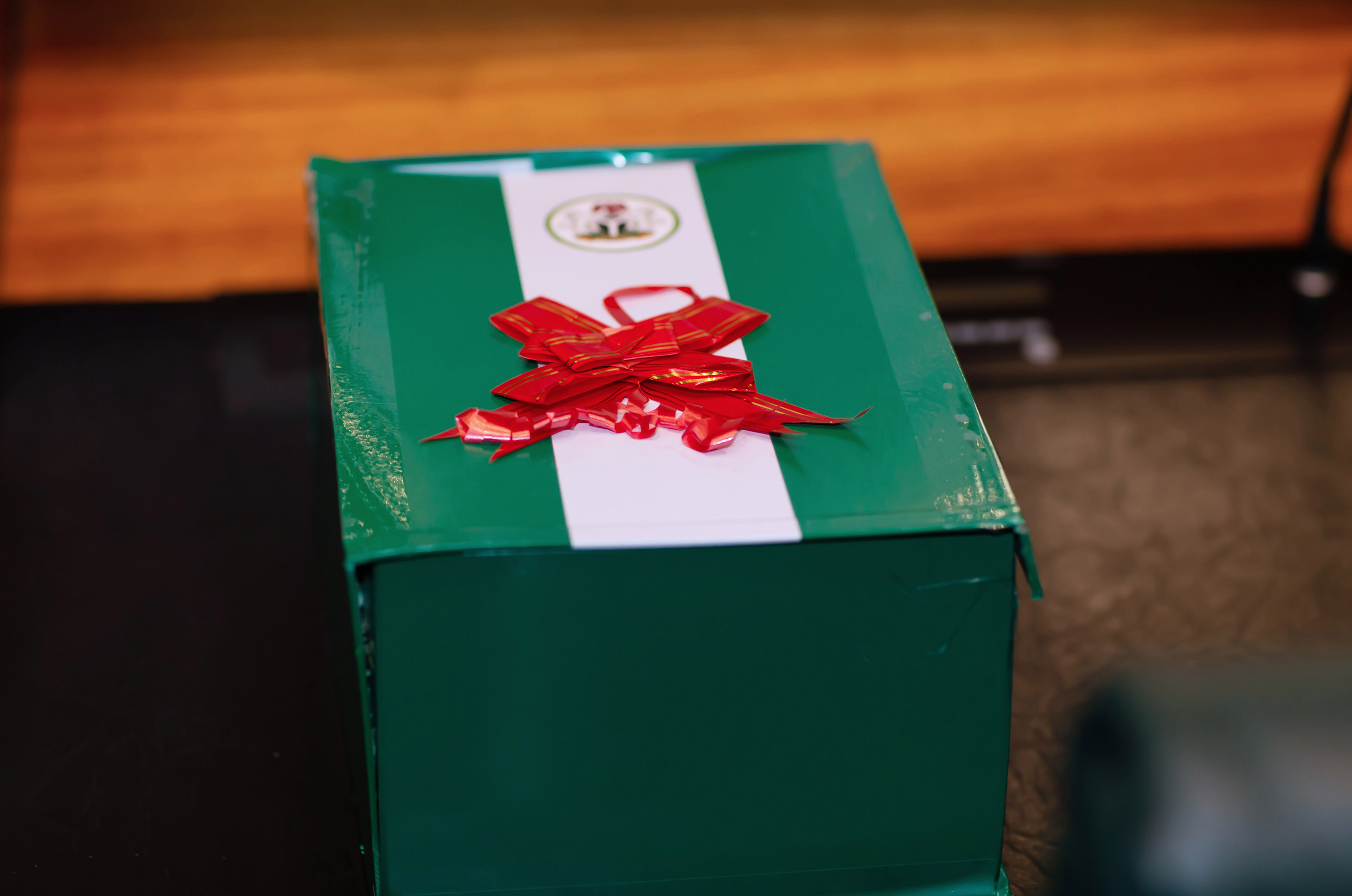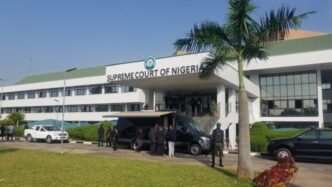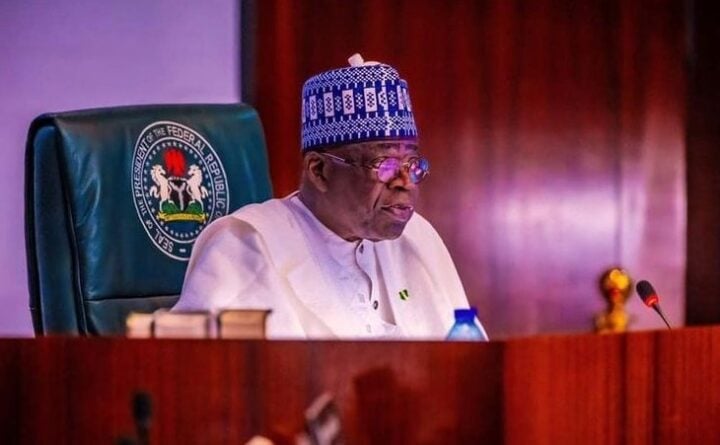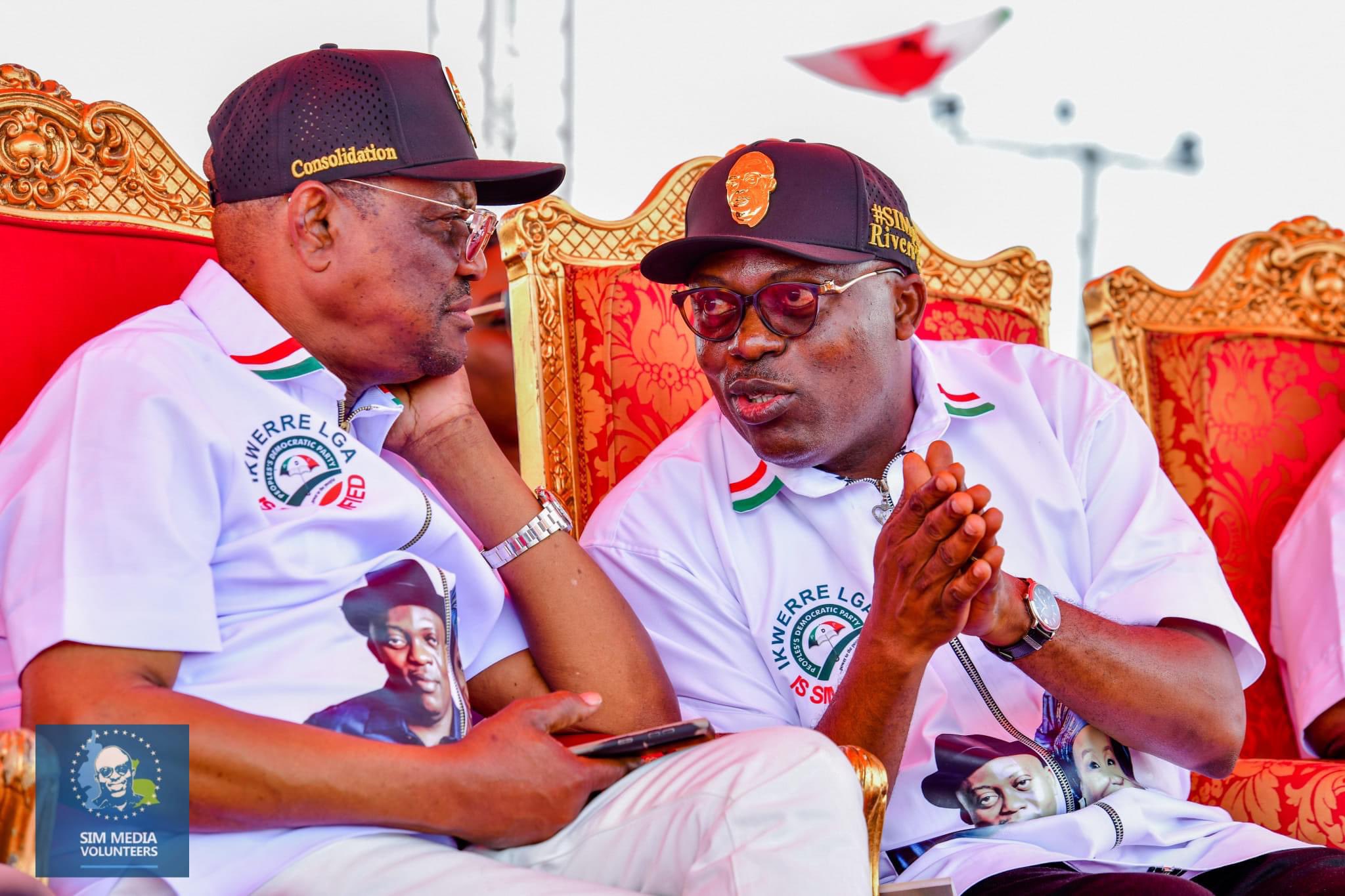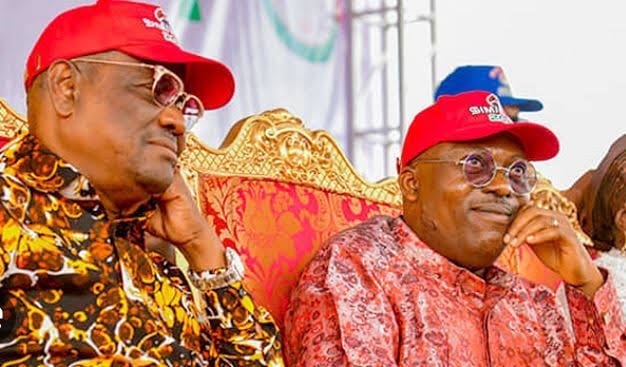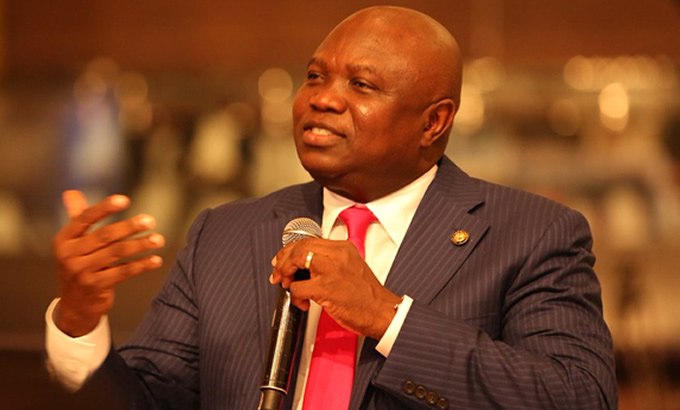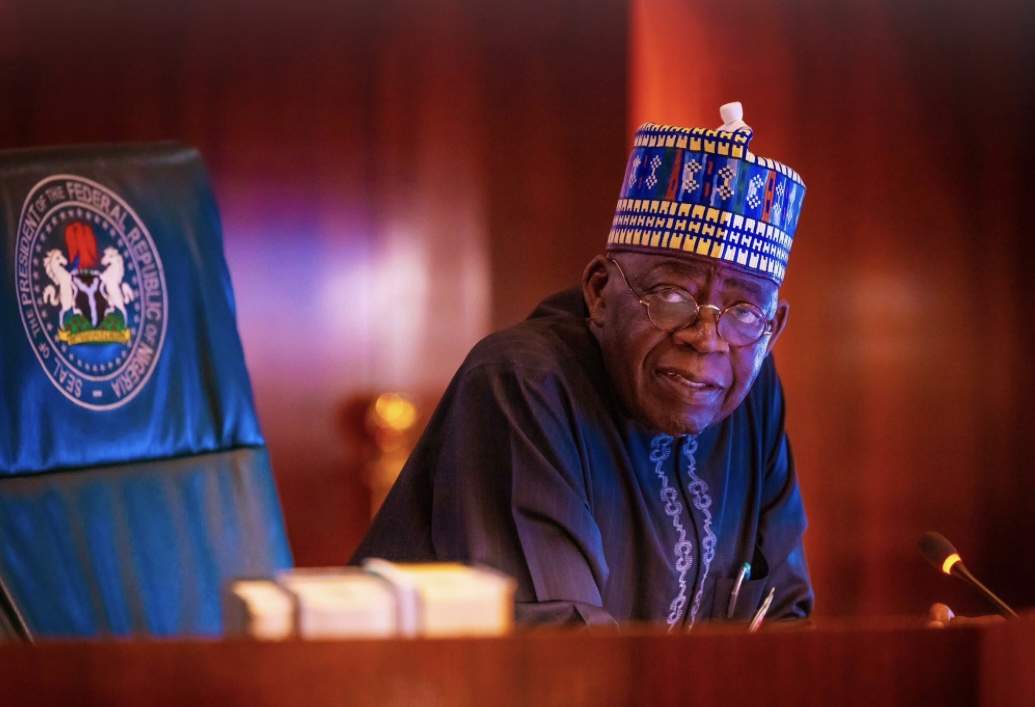The term “follow the money” is one normally used by detectives and investigators in the cause of unraveling cases that they are handling in which there is a material motive. It is believed that the money trail will eventually expose the perpetrators of a crime and those benefiting from it. While the subject matter that we will be discussing here is different from that of cases being handled by detectives, borrowing their method of following the money trail will reveal the thinking of the minds behind our supplementary budget and what we can expect from them in the future.
In fairness to the current administration, they inherited a very badly managed economy in which up to 97% of government revenues were being used to service debts. National debts were at an all-time high of N90 trillion, foreign reserves had depleted to their lowest level in decades, unemployment was about 33% while the inflation rate was upwards of 21%.
It was as a result of this terrible financial situation that the new administration found itself in that it had to immediately remove subsidy on petrol which had become a major drainpipe to the government and was certainly far from sustainable. In fact, it would have been ‘suicidal’ if the government had insisted on continuing with the policy of fuel subsidy given the precarious state of the government’s finances.
While the policy of removing fuel subsidies was good, the implementation was very poor and to make matters worse, the same government decided to ‘float’ the Naira without making adequate provisions for the supply side of foreign exchange into the market. As a result of this, the Naira fell into a tailspin and the gap between the official market rate and the parallel market ratethat the government sought to close grew even wider while triggering an increased rate of inflation across the country.
Advertisement
One would have assumed that having bungled the first two major economic policies introduced by the current administration as a result of wanting to “hit the ground running” and not waiting for professionals to come on board to help navigate the administration’s economic direction, they would have used the opportunity of the supplementary budget to redirect the economy to the path of prudent management of our resources and economic growth.
Perhaps the biggest problem ravaging our country today is the high cost of governance which resulted in the previous administration borrowing heavily to fund it’s overhead costs and as a result drove up debt service cost to a level that debt service is now consuming virtually all that revenues that the government is generating. As a result of this, the government now borrows more to meet it’s recurrent and capital expenditure while increasing our debt service obligations in the process and the vicious cycle continues.
One would have assumed that given the terrible state of the country’s finances and the huge deficit inherited by this administration, they would have prioritized reducing the cost of governance by implementing massive budget cuts which could have been done through the supplementary budget but alas they had other ideas.
Advertisement
The first indicator that the current administration was not interested in cutting costs emerged when a supplementary budget was passed in July in which an additional N70 billion was allotted to the national assembly to help new lawmakers ‘settle down’ while an additional N35 billion was also allocated to the National Judicial Council for reasons that were not too clear. This was apart from the N500 billion that was approved as palliatives due to the fuel subsidy removal which was distributed in a less than transparent manner.
The second indicator that this administration would continue on the path of reckless management of our resources like the administration they took over from was when a cabinet of 48 ministers and 22 special advisers was announced. This signaled that rather than reducing the size and cost of government for more efficiency and better management of our resources, the president was more interested in rewarding his political supporters with positions in government thus the incentive to bloat up the size of the cabinet at the detriment of the economy.
The latest supplementary budget which is the second in the life of this short administration and which also betrays their eagerness to spend money as there is nothing so urgent in it that it could not have waited to be included in next year’s budget, gives a lot of insight into the thinking of this administration. As I indicated earlier if we follow the money, it will reveal their priorities and the direction in which we are headed in the country.
In the supplementary budget, provisions were made for a total of N7.4 billion for vehicles in the state house inclusive of N1.5 billion for vehicles for the office of the first lady which is not recognized in our constitution. A provision of N5 billion was made to buy a presidential luxury yachtat a time when most Nigerians are going through an excruciating time and being asked to make sacrifices, an additional provision of N4 billion was made for the renovation of the residential quarters of the president even though another provision of N4 billion for the same purpose had been made in the 2023 appropriation Act while similar amounts were also requested for the renovation of the Statehouse in Dodan barracks and the vice president’s residence amongst other frivolous expenditures.
Advertisement
Yet in the same supplementary budget that made provisions of tens of billions of Naira for the personal luxuries of the president, his wife, and vice president, they deemed it fit to make only a paltry provision of N5.5 billion as provision for student loans
We have been told by the supporters of the president to give him time for his policies to work but the reality is that the morning tells how the day is going to be and from the spending priorities and pattern of the current administration, we can easily tell the direction that they are heading towards and nothing in their policies or spending priorities so far even suggests that they thinking of doing anything to fix the problems they inherited talk less of growing the economy.
The economy will not be fixed, nor will it grow through wishful thinking and propaganda, the government has to be very deliberate about it and their intentions will show through their budget priorities and spending patterns. Following the money trail of this current administration doesn’t inspire any hope that we are heading in the right direction, rather we are digging deeper into a hole that we should be trying to get out of.
Oshobi is a development economist and management consultant.
Advertisement
Views expressed by contributors are strictly personal and not of TheCable.
Add a comment
